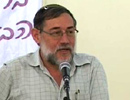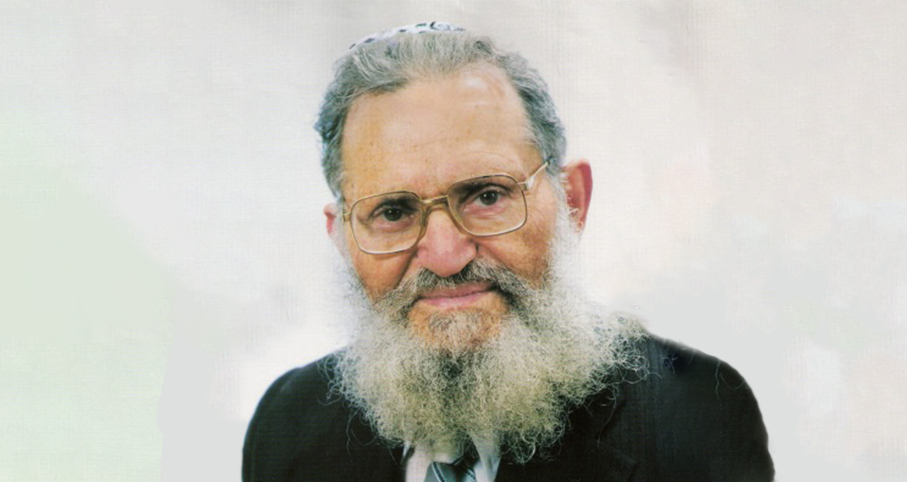- Torah Portion and Tanach
- Pinchas
The Torah study is dedicatedin the memory of
Helwa Bat Farcha
2870
After rectifying matters religiously, it was time to rescind the decree, cessation of rain for three years, which Eliyahu had imposed on the people through his request of Hashem. After the repentance he elicited from the people and even from Achav, Eliyahu told Achav to go and eat, as rain was coming (Melachim I, 18:41).
While Achav was eating, Eliyahu went to the top of Mt. Carmel and did something called lighor toward the ground (ibid:42). Rashi and other commentators explain that he was praying for rain. This idea probably comes from the word vayighar, a verb found only in one other place in Tanach, when Eliyahu’s student Elisha was resurrecting the son of the Shunamite (Melachim II, 4:33-35).
What was the point of praying for rain when the whole reason for the drought was Eliyahu’s request of Hashem, which he was now rescinding? Secondly, Hashem had already commanded Eliyahu to approach Achav (Melachim I, 18:1) so that "I will give rain on the face of the earth." If that is what Hashem wanted, why was there a need for prayer?
The Netziv explains the point of the prayer based on a midrash on a difficult pasuk in Shir Hashirim (7:6) that we must bring in a mixture of English and Hebrew. "Rashech is on you like carmel, and dalat of your head like argaman, a king tied up in rehatim." The midrash (Vayikra Rabba 31) explains: the poor among you are beloved to Me like Eliyahu who went to Mt. Carmel. The weak among you are beloved like David. The final phrase is a reference to Moshe who was prevented from entering the Land because of the water of rehatim.
The Netziv explains as follows. The lowliest in the nation is like the greatest leader in that all can succeed only with prayer, which gives the nation power Above. Even when Hashem wants to bestow blessing on the nation, He still wants prayer to precede the blessing. Accordingly, Moshe’s mistake at the waters of quarrel was that he did not pray that the water should come out of the rock; rather, he relied on Hashem’s assurance alone.
Indeed we should always turn to Hashem in prayer, even when we feel that we are assured success, all the more so when we do not.

The Spectrum of Muktzah Utensils
Rabbi Yirmiyohu Kaganoff | 5575

Why Do Children Start With Vayikra?
Rabbi Shaul Yisraeli zt"l | 5771

The Crowns of Jerusalem
Rabbi Zalman Baruch Melamed | Iyar 5763

Tzeniut in the light of the Maharal
Adapted from Netivot Olam
Rabbi Eliezer Ben-Porat | 5771

Not Just What You See is What You Get
Ayn Aya Shabbat v, 75
Rabbi Ari Shvat | Iyar 5785
Daf Yomi Makkot Daf 21
R' Eli Stefansky | 1 Iyar 5785
Daf Yomi Shevuot Daf 3
R' Eli Stefansky | 6 Iyar 5785









